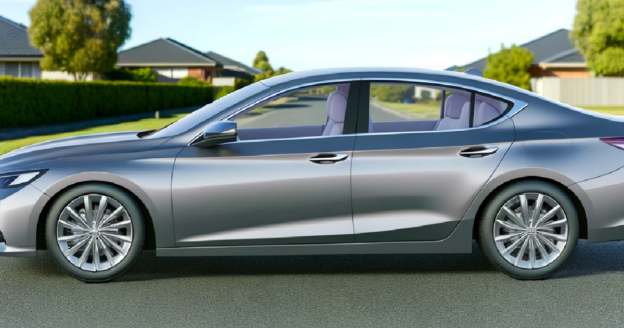The world of repossessed (repo) cars often carries a cloud of skepticism and myths, particularly regarding the condition of these vehicles. A common belief is that all repo cars are in bad shape, having been neglected or abused by their previous owners who were facing financial difficulties.
However, this assumption doesn’t paint the full picture and unfairly categorizes a diverse range of vehicles under a single, negative brush. Let’s dig deeper into the reality of repo cars, explore their condition and provide insight to potential buyers.
Understanding Repo Cars
Repossessed cars are vehicles taken back by lenders or financial institutions from owners who have defaulted on their loans. The primary goal of these institutions is to recoup their losses by selling the car as quickly as possible, often through auctions or direct sales. The condition of these vehicles can vary widely, challenging the notion that all repo cars are in disrepair.
Varied Conditions
Not all owners who default on loans neglect their vehicles. Many people face unexpected financial hardships that force them into default, despite having maintained their cars well. It’s not uncommon to find repo cars that are in excellent condition, with regular servicing, low mileage and minimal wear and tear.
In fact, some repossessed cars are relatively new, with the latest features and low mileage. Financial circumstances can change rapidly, leading to the repossession of vehicles that haven’t been on the road for long. These cars often offer a great opportunity to purchase a nearly new vehicle at a reduced price.
On the other hand, there are indeed repo cars that have been neglected or have suffered from rough use. These vehicles might require more investment in repairs and maintenance to bring them back to good condition.
Factors Influencing Condition
The car’s condition heavily depends on how the previous owner treated it. Regular maintenance and responsible use can result in a repo car being in good or even excellent condition. The reason behind the repossession can also be a factor. Not all repossessions are due to financial neglect; some are the result of unforeseen circumstances, meaning the car’s upkeep might not have suffered.
Furthermore, how the repossessing institution handled and stored the vehicle post-repossession can affect its condition. Prolonged storage without proper care can lead to issues not present at the time of repossession.
Tips for Buying Repo Cars
Always inspect the vehicle thoroughly or have it checked by a professional mechanic. This step is crucial to assess the actual condition of the car. Also, research the vehicle to understand its market value, history and any potential issues specific to the model or brand.
If possible, test drive the vehicle to get a feel for its condition, checking everything from engine performance to electrical systems. Additionally, factor in the potential cost of any necessary repairs or maintenance into your budget. Lastly, always buy through reputable banks, credit unions or auction houses known for handling repo sales professionally.
Search Repossessed Vehicles
The myth that all repo cars are in bad condition is just that—a myth. While the condition of repossessed vehicles varies, there are many gems to be found. With due diligence, research and a keen eye for detail, buyers can find repo cars that offer exceptional value, often in much better condition than anticipated. As with any car purchase, being informed, cautious and prepared is key to making a wise investment. To browse the available repossessions in your area, visit repofinder.com today.


